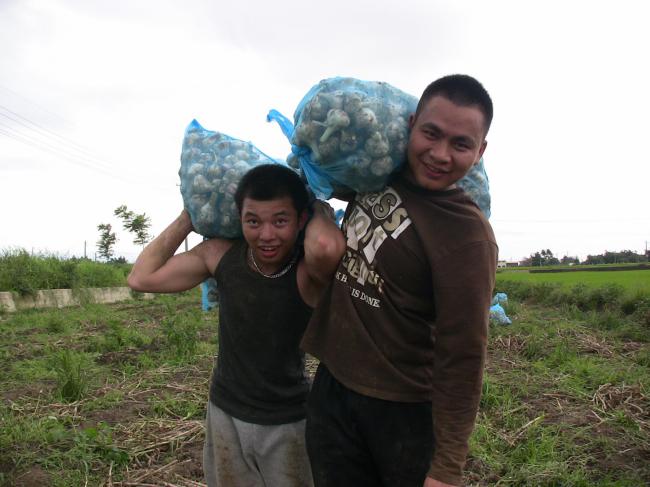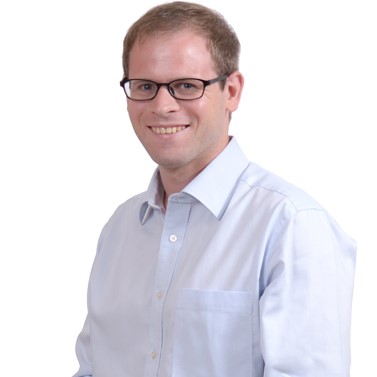With the ongoing problems facing migrants who cross the Mediterranean and increasingly hostile attitudes to migrants in Europe and the US, times are bleak for the world’s migrants.
And for the organizers of the Migrant World Film Festival this weekend, there is much less optimism than when they started out 10 years ago.
“Our first festival had the slogan of ‘A World Without Borders, Imagination in Motion,’ which was very positive and progressive. But starting again 10 festivals later, for the 11th festival we simply wanted to talk about the problems of borders within Korean society and international society,” MWFF executive committee member Jung Hye-sil said.
And for the organizers of the Migrant World Film Festival this weekend, there is much less optimism than when they started out 10 years ago.
“Our first festival had the slogan of ‘A World Without Borders, Imagination in Motion,’ which was very positive and progressive. But starting again 10 festivals later, for the 11th festival we simply wanted to talk about the problems of borders within Korean society and international society,” MWFF executive committee member Jung Hye-sil said.

“We aim to tell the stories of people who have chosen to roam the world and become migrants under the labels of labor, marriage, peace and stability, and spread understanding,” said Jung.
This year, the slogan is “Remapping the Borders,” which Jung said was intended not just to mean territorial boundaries but boundaries on social, cultural and ethnic lines.
“We will explore how Korean society makes these boundaries by using visa status and policies to discriminate between people born in various countries on the basis of race and rank and create ‘outsiders within,’” Jung said.
She said they also intended to talk about the discrimination faced by the Korean diaspora, such as Korean-Chinese, North Korean refugees and overseas adoptees.
“Through these films, we wanted to talk about the problems of racism arising from the international strengthening of borders, as well as refugee problems, the worsening of the environment surrounding migrant workers from immigration law revisions, and the stories of people from what are known as multicultural families who face difficulties from Korea’s continued exclusionary multicultural policy of assimilation.”
The festival will show 17 short and full-length films over three days, including “All Live, Olive,” a documentary about discrimination faced by Palestinians in Israel, “Belle Ville,” a drama about an ethnic Korean-Chinese illegal migrant working in a guesthouse in Paris, whose twin sister comes to the city, looking to change her passport.
The festival’s opening film is “Yellow Bus,” a documentary by Asia Media Culture Factory President Jung So-hee.
The protagonist is Gana, who came to Korea from Mongolia as a migrant worker, and now performs as a singer in Korea and Mongolia.
He performed in Mongddang Migrant Worker’s Arts group in Korea and became famous after returning to Mongolia, where he entered a survival program to become a singer in Mongolia.
“After this he was invited to be an honorary ambassador by the Korean Embassy in Mongolia. Now he spends his time on the road, as a star singer known to all Mongolians,” Jung said.
Now Gana works with musicians in Korea and performs in both countries, Jung explained.
“The film shows them traveling in their yellow bus on a musical tour, Gana’s hometown, places steeped in memories for Gana, and finding common ground and making music through their shared feelings.”
The closing film will be Taiwanese documentary “See You, Lovable Strangers,” by Vietnamese migrant Kim-Hong Nguyen and her husband Tsung-Lung Tsa, about migrants who work in agriculture.
The realities of agricultural migrant workers shown in the film and of migrant workers will be explored after the film in a roundtable discussion with members of migrant workers associations and Korean groups working to improve their situation.
The MWFF takes place from Friday to Sunday at Arthouse Momo in Ehwa Womans University. English subtitles will be provided for all films and admission is free.
(paulkerry@heraldcorp.com)

















![[KH Explains] Hyundai's full hybrid edge to pay off amid slow transition to pure EVs](http://res.heraldm.com/phpwas/restmb_idxmake.php?idx=652&simg=/content/image/2024/04/18/20240418050645_0.jpg&u=20240418181020)

![[Today’s K-pop] Zico drops snippet of collaboration with Jennie](http://res.heraldm.com/phpwas/restmb_idxmake.php?idx=642&simg=/content/image/2024/04/18/20240418050702_0.jpg&u=)